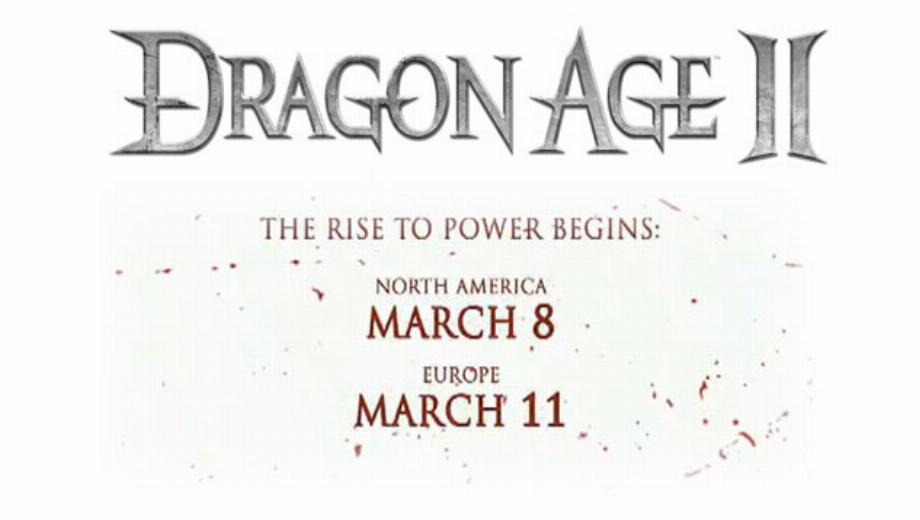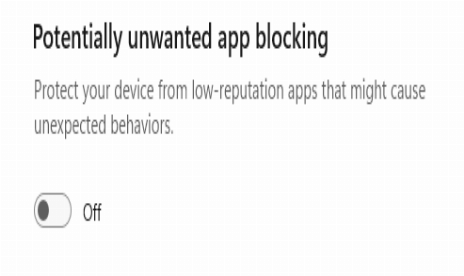Why do we still have staggered worldwide releases?

These really don’t make sense to me. Movies, games, hardware, all of it is released at different times around the world and for what purpose? To build hype? To increase demand? I don’t know about the rest of you, but for me, delayed releases make me 1: more likely to pirate it and 2: less interested because I can’t join in with the excitement my friends overseas are feeling.
We are living in an interconnected age, where the internet allows us to be right there with friends across the world as they receive their latest toys – so why aren’t we celebrating with them?
Take the release of the Wii U. Here we have Nintendo’s latest console and yet despite the company that made it being Japanese, it was first launched in the US on November 18th, only showing up in Europe on the 30th and Japan on December 8th. Why?
Mostly it’s because different countries have different strategies for dealing with sales. Some countries believe that launching a product on a Tuesday is the best option. Others, Friday. However it’s not always the just the difference of a few days. Pixar movies do this all the time. Cars was released in early June, but didn’t show up in the UK until July 28th. It didn’t hit many other European countries until well into September. Ratatouille was even worse, debuting in June and not showing up in the UK until mid October.
Between those two countries, there’s not even any translation work to be done. No subtitles to add. What are they doing?
The reason I mention movies as well as games and hardware however, is because they fall into the same trap as game publishers – staggering the release of games results in piracy. I’m not necessarily saying lost sales here, but certainly piracy increases with a staggered release. Why? Because if you don’t happen to be in the country on launch day and you want to play, you literally have no other choice.
That might seem like its condoning the practice, but there’s certainly a strong argument for it. While copyright infringement is an illegal act, when a game or movie has a staggered release and a person cannot access it simply because of their geographical location, the pirated copy becomes 100% better than the legitimate copy. Because it’s playable and available. Simple as that.
Forget DRM and all that anti-piracy crap, give games and movies a world wide release date and you’ll see a reduction in piracy, I guarantee it.
However piracy isn’t the only reason I hate the fact that where you live can give you a head start on certain games. Another reason is that in the internet age we live in, it’s very, very difficult not to discover the details of something before experiencing it yourself. Friends are talking about it, reviews are pouring in as the NDAs are lifted and news reports are written about shocking endings or poor features. The point is, when a staggered release is used, you have no option to knuckle down and enjoy the game yourself, you have to wait, spending several days, perhaps an entire weekend dodging information bullets as you try and keep your mind fresh and clear.
Ultimately, so you can play the game the way the developer intended – without much knowledge of its inner workings. I can’t be the only one here that’s had parts of a game spoiled because I slipped up and caught a major plot point simply because I hadn’t had a chance to play the game yet.
A couple of times throughout this article I’ve asked “why?” the business model still supports staggered releases. Partly its the competing information about when is best to release a game, but it’s also a crutch that’s supporting brick and mortar stores. While high street retail benefits from having a specific release date, digital doesn’t necessarily. We’re all online on services like Steam any way, regardless of location, couldn’t we have a digital release date that is universal?
Look at the recent release of Borderlands 2. It showed up in North America on the 18th and was available in Europe on the 21st. This is regardless of whether you pre-ordered a boxed copy or the digital version through Steam. In-fact you could pre-load the game, have it installed and sit watching your US chums playing the game that you’ve paid for, installed, but cannot play because of where you live.
This makes no sense at all.
Publishers, stop supporting silly theories on when it’s best release the game. Choose when you want to release it and just do it the same everywhere. If brick and mortar stores don’t want to play along ignore them, like everyone did with GAME in the UK. It soon sorted itself out.
With digital downloads becoming more and more common and soon to be the dominant distribution platform, a universal release date is the only logical solution.





![Dynasty Warriors: Origins v1.0+ (+37 Trainer) [FLiNG]](https://9588947a.delivery.rocketcdn.me/wp-content/uploads/2026/02/Dynasty-Warriors-Origins-01-464x276.jpg)

![Dragon Ball Z: Kakarot v1.03-v2.30+ (+32 Trainer) [FLiNG]](https://9588947a.delivery.rocketcdn.me/wp-content/uploads/2026/02/Dragon-Ball-Z-Kakarot-01-464x276.jpg)


























